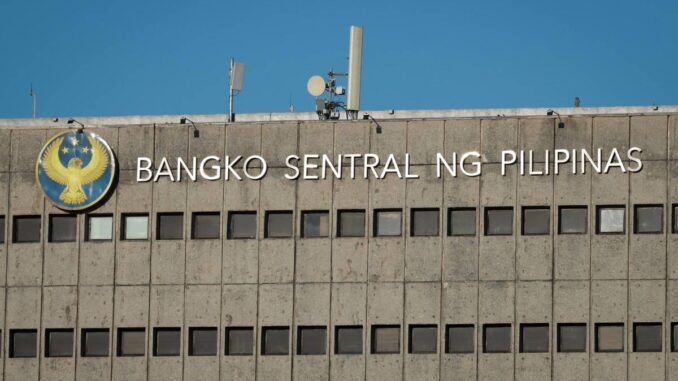
INFLATION likely settled within 2.0-2.8 percent last month due to lower food and fuel prices along with a strengthening of the peso, the Bangko Sentral ng Pilipinas (BSP) said late on Monday.
“Negative base effects, along with lower prices of food commodities including rice, meat and vegetables as well as lower domestic oil prices and the appreciation of the peso, are the primary sources of downward price pressures for the month,” the central bank said in a statement.
These will offset higher power rates and costlier fish and fruits, it added.
“Going forward, the Monetary Board will continue to take a measured approach in ensuring price stability conducive to balanced and sustainable growth of the economy and employment,” the BSP continued.
Consumer price growth slowed to 3.3 percent in August after spiking to 4.4 percent — above the central bank’s 2.0- to 4.0-percent target — a month earlier.
Analysts polled by The Manila Times said the rate could have slowed to 2.6 percent, also due to lower fuel and food prices coupled with favorable base effects.
Official September inflation data will be released by the Philippine Statistics Authority this Friday.
A continued slowdown could lead to further rate cuts by the BSP’s policymaking Monetary Board, which initiated an easing cycle in August via a 25-basis-point (bps) reduction.
Central bank Governor Eli Remolona Jr. has said that two more 25 bps cuts are likely before the end of the year.
The Monetary Board’s last two policy meetings for 2024 will be on October 16 and December 19.
The possibility of a 50 bps cut identical to the US Federal Reserve’s move last month has been raised, but Remolona said this would only happen if there were worries about a hard landing for the economy.
“With regard to a 50 basis points rate cut, I think there is room for it, but usually you’re worried about a hard landing when you consider 50 basis points,” he told reporters on Monday.
“If there’s no risk of a hard landing, there will be a possible rate cut of 25 basis points for both upcoming Monetary Board meetings this year.”


Be the first to comment